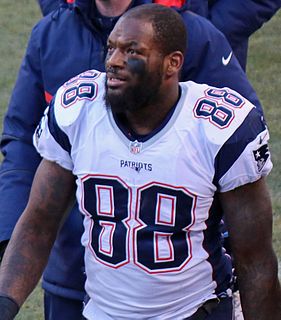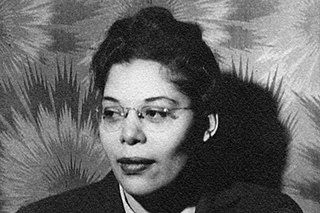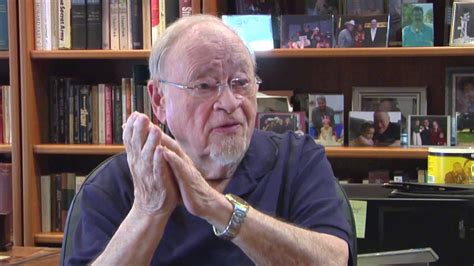A Quote by Homer Hickam
Throughout my childhood, when I raised my blanket in the morning, I saw a black, sparkling powder float off it. My socks were always black with coal dirt when I took off my shoes at night.
Related Quotes
I come home that morning, after I been fired, and stood outside my house with my new work shoes on. The shoes my mama paid a month's worth a light bill for. I guess that's when I understood what shame was and the color of it too. Shame ain't black, like dirt, like I always thought it was. Shame be the color of a new white uniform your mother ironed all night to pay for, white without a smudge or a speck a work-dirt on it.
It was about eleven o'clock in the morning, mid October, with the sun not shining and a look of hard wet rain in the clearness of the foothills. I was wearing my powder-blue suit, with dark blue shirt, tie and display handkerchief, black brogues, black wool socks with dark little clocks on them. I was neat, clean, shaved and sober, and I didn't care who knew it. I was everything the well-dressed private detective ought to be. I was calling on four million dollars.
As I took another breath, I saw the three stars again. They were not calling to me; they were letting me go, leaving me to the black universe I had wandered for so many lifetimes. I drifted into the black, and it got brighter and brighter. It wasn't black at all - it was blue. Warm, vibrant, brilliant blue...I floated into it with no fear at all.
Iron and coal dominated everywhere, from grey to black: the black boots, the black stove-pipe hat, the black coach or carriage, the black iron frame of the hearth, the black cooking pots and pans and stoves. Was it a mourning? Was it protective coloration? Was it mere depression of the senses? No matter what the original color of the paleotechnic milieu might be it was soon reduced by reason of the soot and cinders that accompanied its activities, to its characteristic tones, grey, dirty-brown, black.
Black was bestlooking. ... Ebony was the best wood, the hardest wood; it was black. Virginia ham was the best ham. It was black on the outside. Tuxedos and tail coats were black and they were a man's finest, most expensive clothes. You had to use pepper to make most meats and vegetables fit to eat. The most flavorsome pepper was black. The best caviar was black. The rarest jewels were black: black opals, black pearls.
People look at black pride in America and sport's impact on it. In the major cities it took off the first time Jackie Robinson stole home. In the deep South, it started with Eddie Robinson, who took a small college in northern Louisiana with little or no funds and sent the first black to the pros and made everyone look at him and Grambling.


































